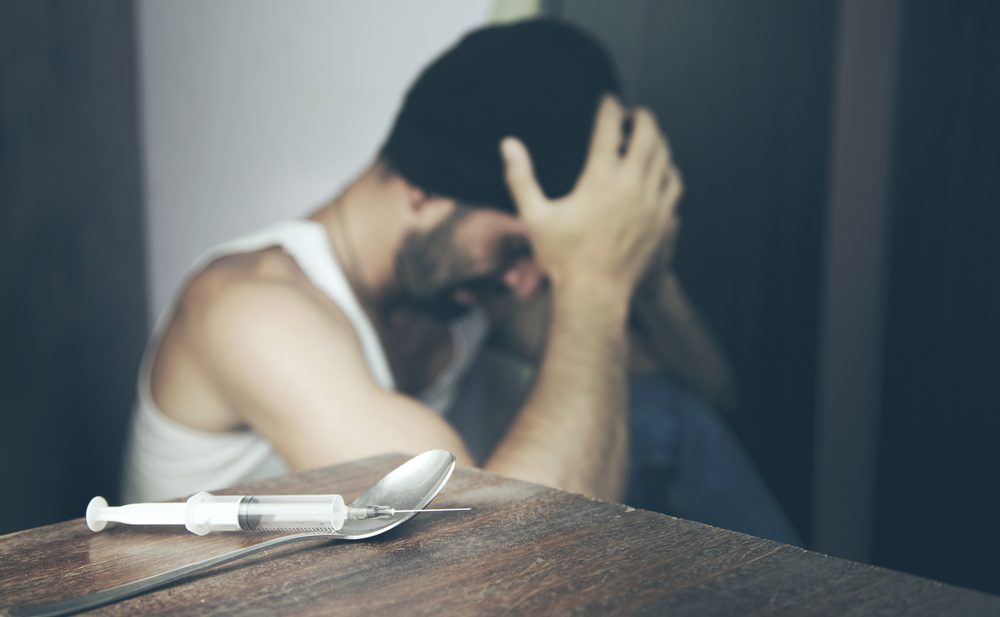- September 5, 2023
- by Shalini Murmu
- Rehab
When a person enters addiction rehab, they are often accompanied by a complex mix of thoughts and emotions. In the beginning, there are nerves and reluctance, almost like dipping your toes into the unknown waters of recovery. Shame and guilt often pop up, forcing you to confront the impact of addiction on your life and the people you care about. The fear of what lies ahead, the relentless tug of withdrawal symptoms, and the towering hurdles of staying sober can brew a storm of anxiety. Addiction relapses for some are an inevitable part of their recovery journey. Take the plunge to know what those relapse stages really look like.
Emotional Relapse
The first stage of addiction relapse often begins on an emotional level, with feelings like restlessness, mood swings, and inner turmoil taking the stage. Though people in this stage may not actively think about using substances, their emotional state becomes a breeding ground for the cravings that may follow.
Emotions like anger, frustration, loneliness, and resentment can overwhelm a person in recovery. Feelings of self-doubt or the unrealistic expectation that they should have everything together can be potent triggers, threatening to derail the recovery journey. During times like this, it’s crucial for individuals to acknowledge their emotions and seek support from therapists in the rehab centers, support groups, or trusted friends and family members.
Mental Relapse
In the journey of substance abuse treatment, the battle against mental relapse is a pivotal turning point. During this phase, they engage in a psychological tug-of-war between their desire to use substances and their commitment to staying clean. The mind becomes a battleground where the allure of past habits and the desire for recovery clash.
The mental relapse stage often involves idealizing past substance use, and reminiscing about the perceived ‘good old times,’ while downplaying the harsh realities. Triggers, such as stressors or even exposure to environments that bring back the memories of substance use, can amplify these cravings. Coping strategies, such as therapy and mindfulness techniques, are essential tools to navigate the mental relapse stage successfully.
Signs Of Mental Relapse:
- Frequent thoughts about using substances or romanticizing past use can be an early sign of mental relapse.
- Having conflicting thoughts, where a part of them wants to stay sober, while another considers using substances.
- Hanging around with friends or acquaintances from the addiction days may indicate a shift in support networks.
- May start avoiding support groups, and therapy sessions, or cutting off contact with supportive people all indicating signs of withdrawal and emotional turmoil.
- Lying about their thoughts, feelings, or actions related to their recovery.
Physical Relapse
If the mental relapse stage is not managed effectively, it can escalate to the physical relapse stage, where a person gives in to the urge and uses substances again. At this point, all the safeguards and coping strategies may fall short in the face of the overpowering cravings.
Signs Of Physical Relapse:
- The most direct sign of physical relapse is the return to using drugs or alcohol.
- Hiding substance use or being evasive about their whereabouts and activities.
- Neglecting their daily responsibilities, work, or family commitments due to substance use.
- Sudden financial problems, such as borrowing money or selling personal belongings to buy substances.
- Involvement with law enforcement or legal issues related to substance use.
- Physical health may deteriorate due to substance use, leading to visible changes in appearance or behavior.
It’s crucial to recognize that physical relapse doesn’t signify failure. Instead, it serves as a stark reminder of the persistent nature of addiction and the need for ongoing support and vigilance. A relapse doesn’t negate the progress made; rather, it highlights areas that require additional attention in the recovery process.
Immediate Aftermath
The immediate consequences of a relapse are usually filled with strong emotions, feelings of self-blame, guilt, and shame. People may feel like they have failed themselves and believe that they’ve let themselves and their loved ones down. It is extremely important for both the person who is recovering and their support system to handle this time with compassion and understanding.
Returning to mental health treatment centers or seeking immediate help after a relapse is just as important. It shows dedication to addiction recovery rather than assuming it to be a sign of weakness. Individuals should reach out to their therapists, attend support group meetings, and engage in open and honest discussions with their loved ones.
Learning and Growth
Relapse, though upsetting, can be a valuable learning experience. It can help understand your addictive behaviors, personal triggers, and vulnerabilities that may not have been apparent before. When people in the process of recovery evaluate their relapse, they can create a stronger plan to prevent it from happening again.
Support from therapists and counselors plays a pivotal role in this stage. They can help you identify patterns leading to relapse, enhance coping skills, and foster resilience. The goal is to turn the relapse into an opportunity for growth, reinforcing the determination to achieve lasting sobriety.
Rebuilding and Strengthening
It can be difficult to start over after a relapse, but it is definitely achievable. This phase requires addressing the consequences of the relapse, rebuilding trust with loved ones, and revisiting treatment goals. It’s a chance to strengthen one’s commitment to recovery and apply the lessons learned from the relapse.
Support networks become even more critical during this stage. Re-establishing connections with friends and family, who can provide encouragement and accountability, can greatly impact the recovery process.
The path to recovery is not a linear one. It’s marked by ups and downs, successes, and setbacks. Understanding the stages of addiction relapse is crucial for anyone touched by addiction, whether as an individual in recovery, a family member, or a healthcare professional. Addiction is a complex and chronic condition, and relapse is a reality that many face on their journey to recovery. Addiction relapse doesn’t define a person’s journey; rather, it’s another chapter in the story of recovery, one that can lead to even greater strength and determination in the quest for lasting sobriety.
North America Behavioral Health Services
Want to help a loved one out of addiction? We understand how tough it can get to find the right path to recovery. That’s why we’re here to help. Connect with North America Behavioral Health Services for expert guidance on accessing top-notch addiction rehabilitation centers conveniently located near you. Escape the hold of addiction and start living a happier, more fulfilling life.
















